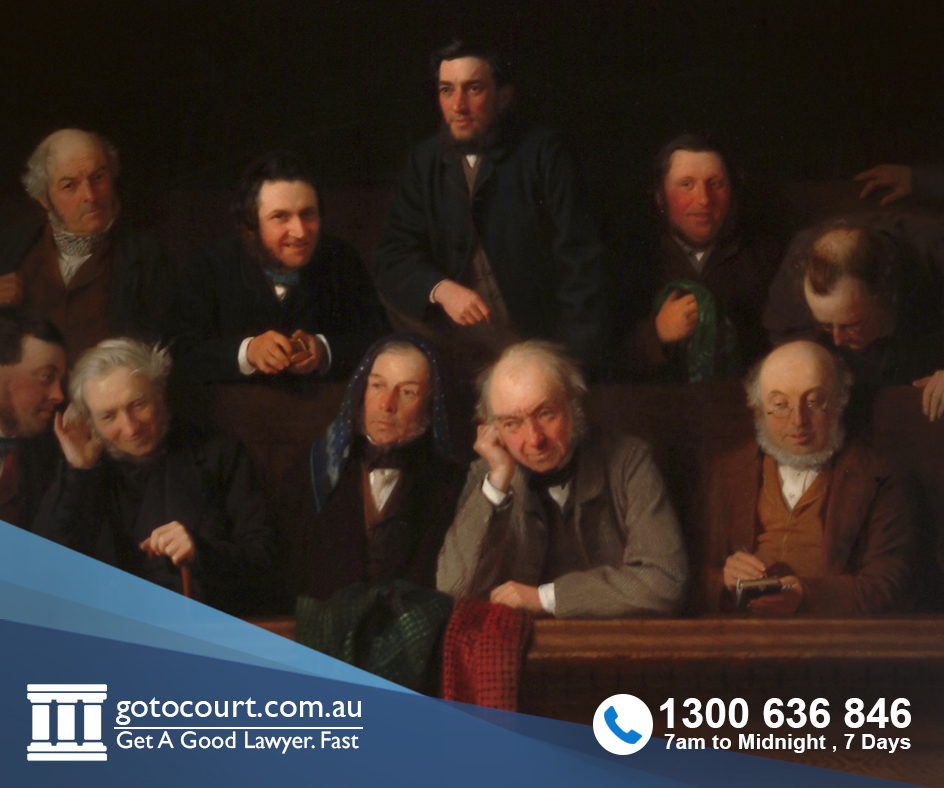Abortion and the Law (ACT)
Laws surrounding abortion vary widely between different states and territories. Abortion was decriminalised in the ACT in 2002 and the ACT now has the most liberal abortion laws in the country. Women can obtain an abortion ‘on demand’ at any point in their pregnancy. The ACT has also enacted provisions making it a criminal offence to interfere with a person accessing an abortion clinic or to protest in the vicinity of a clinic during its hours of operation.
The ACT is the only Australian jurisdiction where there is no gestational limit on accessing abortion services.
What is abortion?
Abortion is defined under Section 80 of the Health Act 1993 as causing a woman’s miscarriage by administering a drug, using an instrument or by any other means.
Surgical or medical?
A surgical abortion is a surgical procedure carried out to end a pregnancy. In the ACT, surgical abortions must be performed by a doctor in an approved medical facility. They can be legally accessed up to 14 – 16 weeks gestation (depending on the risks involved).
A medical abortion occurs when drugs are used to end a pregnancy. In the ACT, a medical abortion can be legally obtained up to 16 weeks.
Offences
A surgical abortion must be carried out by a doctor in an approved medical facility.
It is an offence carrying a penalty of imprisonment for five years for a person who is not a doctor to perform a termination.
It is an offence carrying a penalty of 50 penalty units or imprisonment for six months to perform a surgical abortion outside of an approved medical facility.
It is an offence for a person who is not a doctor (or a pharmacist supplying the drug in accordance with a doctor’s prescription) to supply or administer an abortifacient to a person in order to end a pregnancy.
Conscientious objection
No one is obliged to carry out or assist in an abortion in the ACT. A person may refuse to assist in carrying out an abortion. If a medical practitioner declines to carry out a termination because of a conscientious objection, they must inform the patient that they are doing so because of a conscientious objection. However, unlike in other jurisdictions, in the ACT there is currently no requirement that a medical practitioner who has a conscientious objection refer the woman seeking the termination to a practitioner who does not have such an objection.
Protest Free Zones
Like several other jurisdictions, the ACT has enacted provisions making it an offence to engage in prohibited behaviour within the area 50 meters around a medical facility that performs abortions.
Prohibited behaviour includes:
- Harassing, hindering, intimidating, interfering with, threatening or obstructing a person entering the facility or having or providing an abortion in the facility;
- An act that can be heard or seen by anyone within the hours the facility is operating and intended to stop the person from entering the facility or having or providing an abortion in the facility;
- A protest in relation to the provision of abortions in the facility.
Engaging in such prohibited behaviour attracts a fine of up to 25 penalty units.
It is also an offence, punishable by a fine of up to 50 penalty units, to publish visual data of a person entering or leaving or trying to enter or leave an approved medical facility with the intention of stopping a person from having or providing an abortion where the person did not consent to the publication.
Right to life
The ACT is one of only three Australian jurisdictions that have enacted human rights legislation. This takes the form of the Human Rights Act 2004.
Section 9 of the Human Rights Act provides that a person has the right to life and that no one may be arbitrarily deprived of life. The section specifies that the right to life applies to a person from the time of birth. Therefore, there is no conflict between this right and the laws that permit abortion in the ACT.
If you require legal advice or assistance in any legal matter please contact Go To Court Lawyers.







